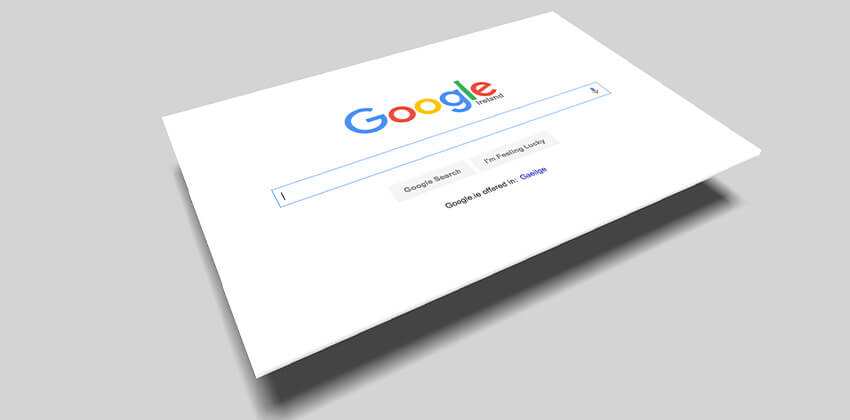
Several well-known (and well-protected) people have famously said that “privacy is dead” and “there’s no such thing as privacy.” Wrong! Believing you don’t need to bother protecting your privacy puts you, your job, and your family at risk unnecessarily.
The human predators have discovered that the Internet is a “happy hunting ground” for potential victims. And, many of these predators have discovered that job seekers are particularly vulnerable, ignoring warning signs in their drive to find new employment.
[And you should also know that there bogus job sites collecting information from job seekers. See Job-Hunt’s Guide to Avoiding Online Scam Jobs for more information.]
In addition, a primary source of revenue for many job sites is the revenue generated by selling employers access to the database of resumes registered by job seekers. For some job sites, anyone who can afford the cost gains access, with minimal screening done to ensure that the purchasers actually have jobs to fill.
So, your complete work history, education, and contact information are available to anyone who can pay the access fee — employers and recruiters, hopefully, but also sales people, scammers, identity thieves, etc.
5 Serious Risks When You Don’t Protect Your Privacy
Give up on the idea that you can’t protect your privacy. That’s a very dangerous assumptions. You can protect your privacy!
1. If you have a job and your employer finds your resume online, you could lose your job.
Employers have always viewed job-seeking employees as “disloyal” – potential risks for taking clients and/or confidential information to a competitor. In most cases, firing you for job hunting is perfectly legal in the United States.
This problem has a dangerous corollary: after you’ve landed your new job, your new employer finds your old resume online, and calls you on the carpet (or fires you) for your supposedly continued job search efforts.
2. Someone could steal your identity.
Identity theft is the #1 online fraud in the United States, according to the FBI. Your resume has almost everything necessary to take over your identity and your credit. If your Social Security Number (“SSN”) is on your resume in the U.S., an identity thief has everything they need. So never put your SSN on your resume! And don’t give it out until you have a job offer from a legitimate employer.
3. You could lose money or your freedom.
Often scammers are after your the money in your bank account, and they seem to have legitimate reasons to request your bank account number – so they can pay you. Verify that the employer and the job are real before you give them your bank account.
Some scams (the re-shipper scam in particular) can involve you in the commission of a felony when you receive stolen property and ship it on to someone else involved in the scam. Don’t give anyone you don’t know your address for them to send shipments to you, unless you are ordering something from a trusted source.
4. Someone interested in harming you can find you easily.
Your resume, with complete contact and employment information, provides vital information for them to find you. This is why you should use a cyber-safe version.
5. Ethically-challenged, commission-based recruiters may ruin job opportunities for you.
Commission-based recruiters (also known as “agency recruiters” or “independent recruiters” and sometimes as “head hunters”) get paid their commission – typically a percentage of the annual salary – if a candidate they referred is hired.
Without your knowledge or permission, the recruiter may “shop” your resume around to employers. Why is this NOT good?
- Because you and your experience may be misrepresented, giving the employer a bad impression of YOU.
- If you have sent that employer a resume yourself, you could lose out on a job because the employer may not want to hassle with the recruiter over a commission payment that may, or may not, be due to the recruiter.
- You will be more expensive to hire than someone else with the same salary, because of the commission due to the recruiter.
- Your resume may be so widely distributed that it becomes “junk mail,” reducing your market value.
All recruiters are definitely not bad! But they do work for the employer, not for the job seeker. A good recruiter, one who knows you and works with you to find appropriate opportunities, can be a big help. In some fields, and at some levels (like executive and senior management), recruiters paid by retainer (vs. commission) are THE source of job opportunities.
Bottom Line
Now that you understand why privacy protection is critical, read Protect Your Privacy while Job Hunting Online and How to Optimize Your Contact Information on LinkedIn to understand how to safely be visible online.
 About the author…
About the author…
Online job search expert Susan P. Joyce has been observing the online job search world and teaching online job search skills since 1995. A veteran of the United States Marine Corps and a recent Visiting Scholar at the MIT Sloan School of Management, Susan is a two-time layoff “graduate” who has worked in human resources at Harvard University and in a compensation consulting firm. Since 1998, Susan has been editor and publisher of Job-Hunt.org. Follow Susan on Twitter at @jobhuntorg and on Facebook, LinkedIn.
More about this author…
Don't forget to share this article with friends!




